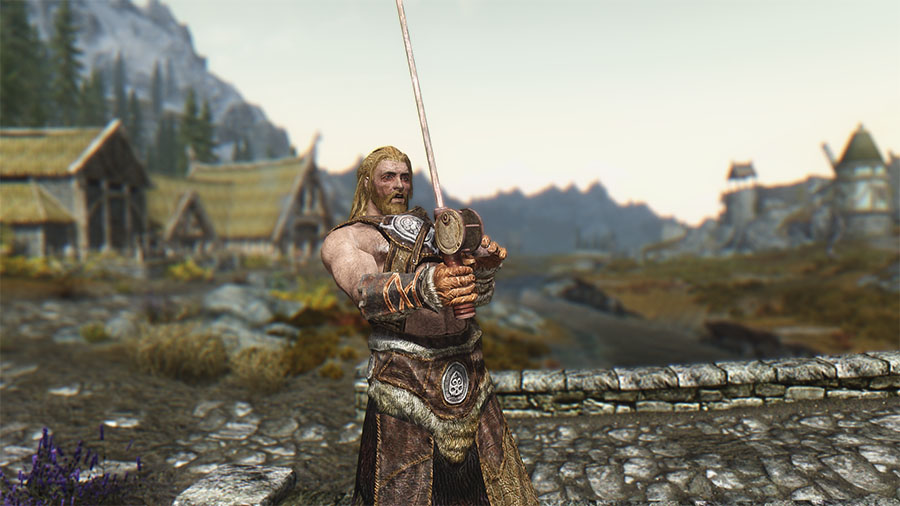Valve expects Steam community to help police paid mods

Today's announcement that mod makers will now be able to sell their creations directly to gamers on Steam was big news by any measure. But it also led to questions, one of the foremost being how Valve plans to handle mods that rip off other people's work. As it turns out, there is a plan, and it's actually rather novel.
In worst-case scenarios, DMCA notices can be used to force the removal of stolen work, but the idea is to avoid the need to take that step in the first place. "Newly posted items to be sold must first appear as visible to the community without a purchase option before they can be sold," Vice President of Marketing Doug Lombardi explained. "This will provide some time for the community to help identify abuse or stolen content and report appropriately. It’s also a time that developers can use to review pending items and decide if any intervention is necessary."
Modders can charge whatever they like for their creations, and based on the "Supplemental Workshop Terms" will keep a percentage of revenues determined by the developer or publisher of the game in question. Prices for mods can be changed, although limits may be placed on how often, and makers can delist their mods at any time but not delete them, in order to ensure that people who have paid for them continue to have access. As for Valve's slice of the pice, Lombardi said it will take "the same share of sales as we do with any other microtransaction sale."
It's still way too soon to predict how an open mod market will work out, and there are obviously a lot of things that could go wrong. But it could also turn into a big winner: For Valve, sure, but also for mod makers. Have a look at why Tyler thinks there's reason to be optimistic right here.
Keep up to date with the most important stories and the best deals, as picked by the PC Gamer team.

Andy has been gaming on PCs from the very beginning, starting as a youngster with text adventures and primitive action games on a cassette-based TRS80. From there he graduated to the glory days of Sierra Online adventures and Microprose sims, ran a local BBS, learned how to build PCs, and developed a longstanding love of RPGs, immersive sims, and shooters. He began writing videogame news in 2007 for The Escapist and somehow managed to avoid getting fired until 2014, when he joined the storied ranks of PC Gamer. He covers all aspects of the industry, from new game announcements and patch notes to legal disputes, Twitch beefs, esports, and Henry Cavill. Lots of Henry Cavill.

